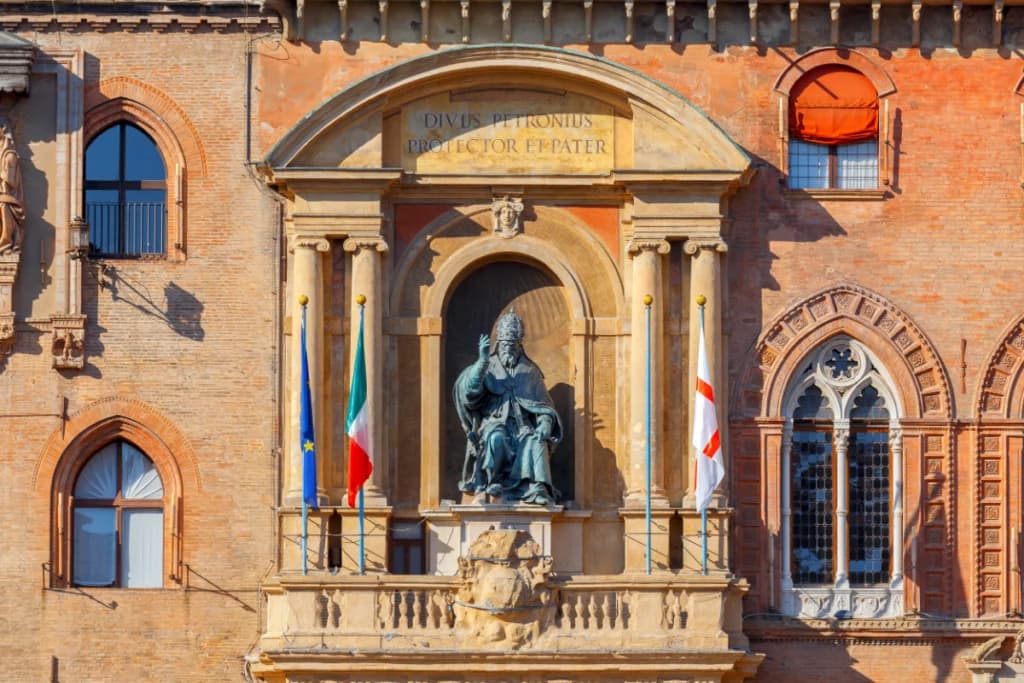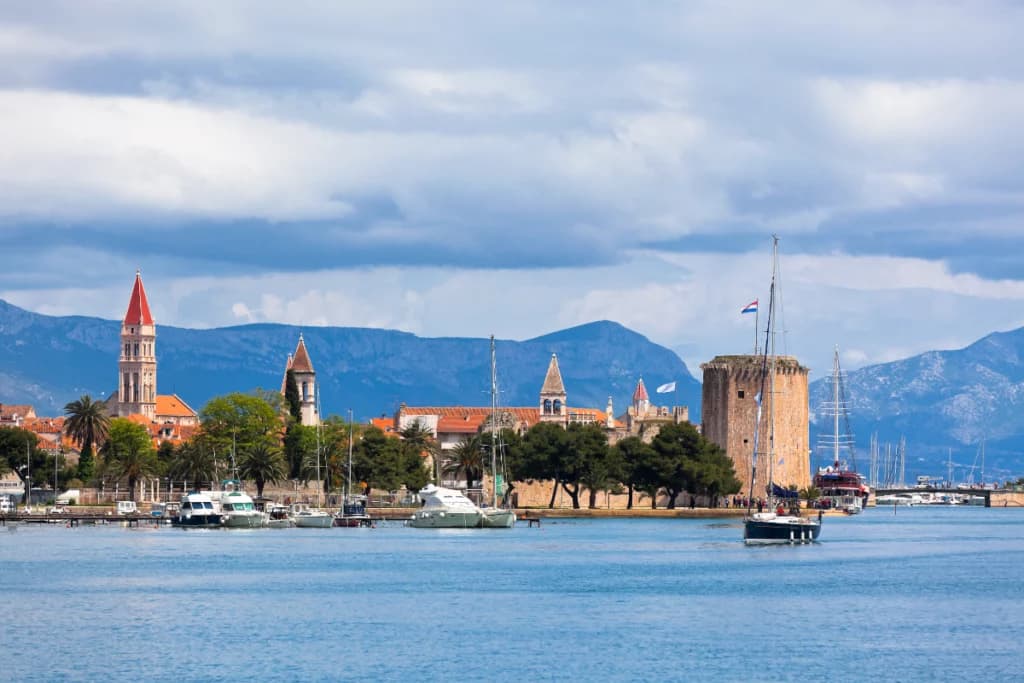
If you’re planning Europe tour packages or dreaming about a European adventure, you’ll love these surprising and entertaining fun facts. Europe isn’t just famous for its landmarks; it’s full of quirky, little-known stories that make travel more engaging and memorable.
What makes Europe even more fascinating are the little-known stories and quirky details that you won’t find in a typical guidebook. Did you know there’s a desert in Spain, a city built on over 100 islands, and countries smaller than some urban parks? These Fun facts about Europe are just the tip of the iceberg. For travelers planning their Europe trip, these insights can help ensure you don’t miss these hidden gems while still hitting all the iconic landmarks.
₹46,999
per person
₹18,499
per person
₹32,999
per person

Europe is known for snow-capped mountains and historic cities, but it also has a real desert, the Tabernas Desert in Spain. It has been used as the backdrop for countless movies, including classic westerns. Travelers often find it fascinating that Europe combines such varied landscapes, from glaciers to deserts, all within a few hours’ travel. This is one of the most unexpected Fun facts about Europe that adds a unique twist to your trip.

Venice is built on over 100 small islands connected by 400 bridges. Cars are banned, and canals serve as streets, making it one of the most romantic and unique cities in the world. Visitors are amazed at how a city can thrive entirely on waterways, combining history, architecture, and charm. This is a must-know thing for first-time travelers.

Fun facts about Europe are that it is home to some of the world’s smallest countries, like Vatican City (0.49 km²) and Monaco. Despite their size, these microstates hold significant cultural, religious, and economic importance. Learning about these small nations adds depth to your understanding of the continent and makes your itinerary richer with European facts.

The University of Bologna, founded in 1088, is still operational and is one of the oldest universities in the world. Europe’s academic history is full of remarkable traditions, where centuries-old classrooms and libraries are still in use. For travelers, this is one of the Fun facts about Europe that shows how history blends with the modern day.

From tossing coins in Rome’s Trevi Fountain to Finland having more saunas than cars, Europe’s customs are unique and entertaining. Experiencing these traditions first-hand makes travel more memorable and immersive. These are not just stories; they are living practices that travelers can witness on tours or excursions, making them one of the most interesting facts about Europe.

Switzerland’s Gotthard Base Tunnel stretches 57 km under the Alps and is the longest railway tunnel in the world. Traveling through it feels like a modern marvel hidden beneath mountains. Including such wonders in your itinerary adds a tech-savvy side to your Fun facts about Europe collection.

Many European cities are home to ancient castles and fortresses; Germany alone has over 20,000 castles. These structures are living pieces of history, often surrounded by scenic landscapes. Exploring them gives travelers a glimpse into medieval life, making them essential highlights in European tour packages.

Over 200 languages are spoken across Europe. From French and German to Finnish and Icelandic, each country offers a new way to experience culture. Language diversity is an important aspect of a Europe tour, especially for travelers who enjoy interacting with locals or learning basic phrases.

The Bertrand Bookstore in Lisbon, Portugal, has been selling books since 1732 and is still running today. Visiting it is like stepping back in time and is a dream for book lovers. This adds charm to the tour, blending culture and history beautifully, and is one of the Fun facts about Europe that surprises many travelers.

Some European towns, like Hum in Croatia, have populations of fewer than 50 people but are centuries old. They often feature historic architecture, local legends, and festivals that remain untouched by modern life. Discovering these towns is a treat for travelers who want hidden gems in their amazing Europe facts collection.
Ans. The best time to visit Europe depends on your interests. Spring (April–June) and autumn (September–October) offer mild weather, fewer crowds, and beautiful scenery. Fun facts about Europe are that it has festivals in the summer, Summer is ideal for festivals and has longer days, while winter brings cozy Christmas markets and winter sports opportunities.
Ans. Costs vary depending on destinations, travel style, and season. On average, a two-week Europe trip can range from ₹2,50,000 to ₹4,00,000 per person, including flights, accommodation, and sightseeing. Booking through packages for a Europe tour can often help save money and streamline planning.
Ans. Most travelers from outside the Schengen Area require a visa to enter European countries. It’s important to check the visa requirements for each country you plan to visit well in advance, as some countries have specific regulations or shorter processing times.
Ans. Europe offers excellent transport options, including trains, flights, and buses. High-speed trains connect major cities efficiently, while budget airlines are ideal for longer distances. Planning helps save money and ensures smoother connections.
Ans. Experiencing authentic European culture means exploring local markets, attending festivals, trying regional cuisines, and interacting with locals. Many packages include guided cultural experiences to help travelers immerse themselves in traditions, history, and daily life.
Also Read: Places to Visit in Europe
Must Read: Things to do in Europe

November 11, 2025

November 9, 2025

November 4, 2025

November 4, 2025

November 4, 2025